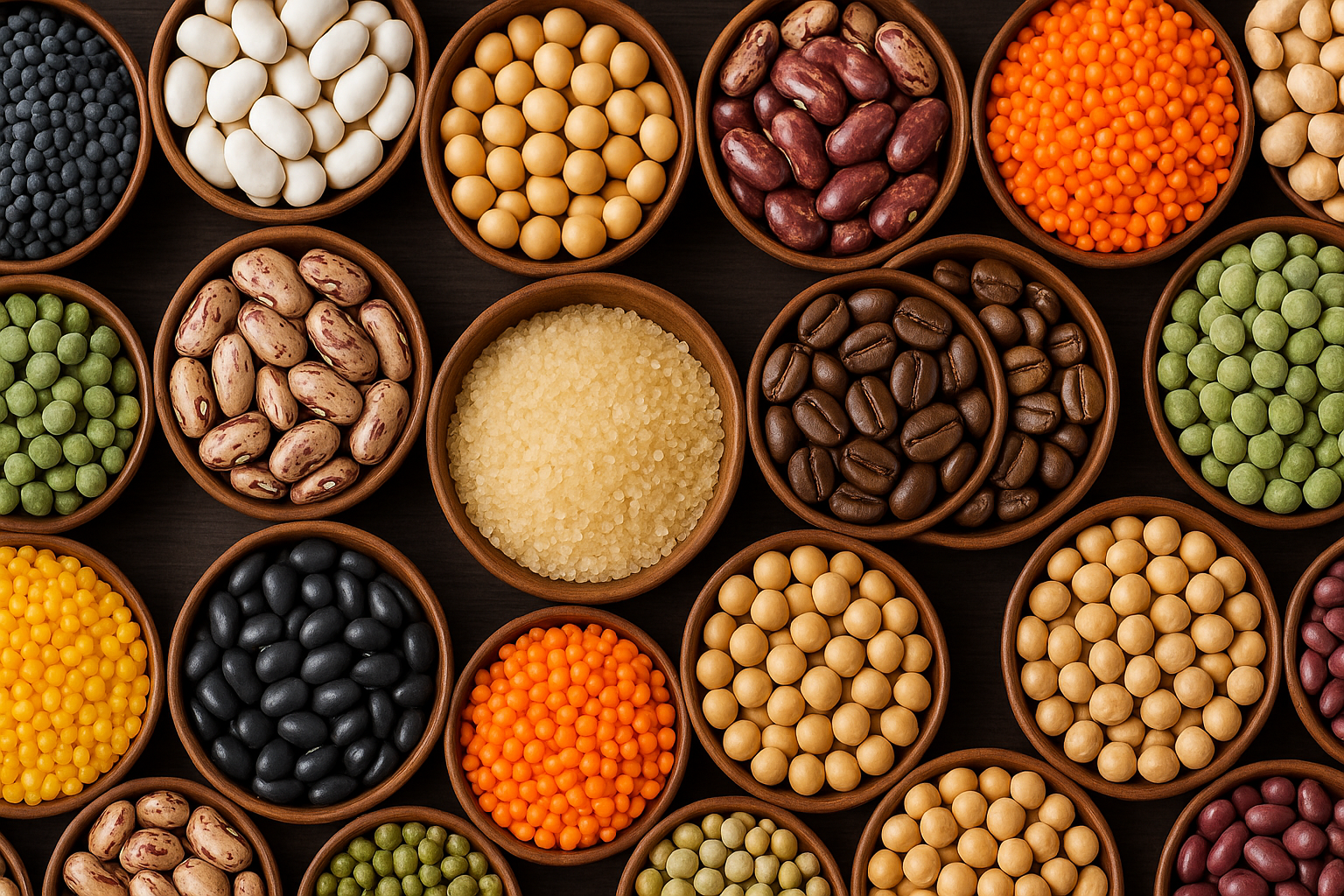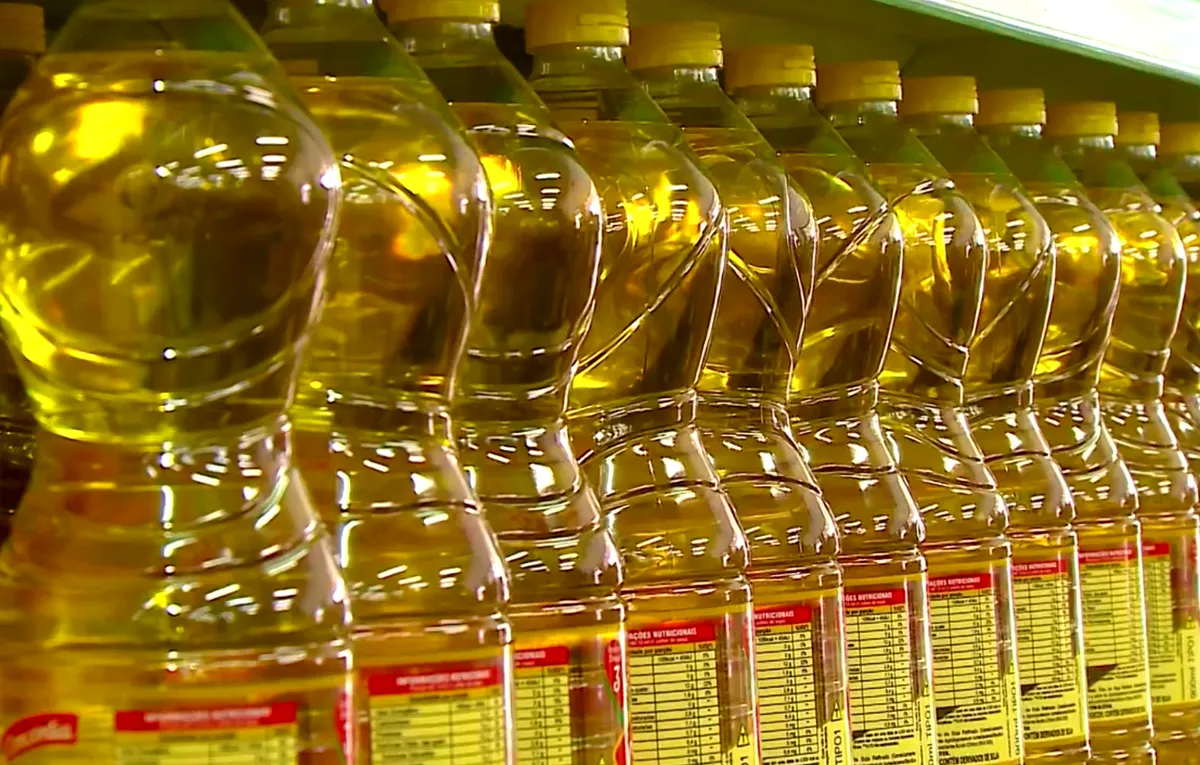
Did you know Brazil is one of the world’s largest exporters of chicken paws, shipping over 500,000 metric tons annually? These protein-packed poultry products have become a global commodity, especially in Asian and African markets where they’re considered a delicacy.
As an international buyer, you need to know:
◊ Which Brazilian suppliers meet international quality standards
◊ How to verify proper certifications and traceability
◊ Current market prices and negotiation strategies
◊ Logistics solutions to maintain product integrity
This definitive guide gives you everything required to import chicken paws from Brazil confidently.
Contents
Brazil’s poultry industry leads globally thanks to:
⇒Massive Production Scale
2nd largest chicken producer worldwide
14+ million metric tons annual production
⇒Stringent Quality Controls
⇒ Competitive Pricing
Lower production costs than US/EU suppliers
Favorable exchange rates for USD buyers
⇒ Established Export Infrastructure
Specialized frozen logistics networks
Major ports with direct Asia/Africa routes
Top Importing Countries:
• China • Hong Kong • Vietnam • South Africa • Angola
Understanding standard classifications ensures you order correctly:
Grades:
A: 40-50g per paw, intact, minimal blemishes
B: 30-40g, minor defects acceptable
Industrial: Under 30g, for processing
Packaging Options:
10kg cartons (standard)
20kg master cases
Custom vacuum packs
Storage Requirements:
Must maintain -18°C or below
Maximum 12-month shelf life
Download the only Chicken Paws Exporters Guide on the Market. There are 25 certified and verified exporters. Access sellers directly, without intermediaries or the risk of fake exporters.
Follow this checklist when evaluating exporters:
SIF Number (Brazilian inspection seal)
Halal Certification (for Muslim markets)
Country-Specific Approvals (e.g., China GACC, EU listed)
Minimum 500MT/month capacity
Own freezing tunnels (-40°C blast freezing)
Separate processing lines for paws
Farm-to-shipment tracking
Veterinary control numbers
Lab test reports available
Red Flags:
Χ No physical facility address
Χ Unwillingness to provide references
Χ Prices significantly below market
Current Price Range:
Grade A: 1,100−1,100−1,300/MT FOB
Grade B: 900−900−1,100/MT FOB
Smart Negotiation Tactics:
• Request quotes from 5+ suppliers
• Leverage container volumes (20-40FT)
• Consider seasonal buying (prices dip Q1)
• Negotiate INCOTERMS (FOB vs CIF)
Best Practices:
Use 40ft reefer containers
Confirm continuous -18°C monitoring
Require ATP-certified carriers
Purchase marine cargo insurance
Documentation Checklist:
Commercial invoice
Veterinary certificate
Packing list
Bill of lading
Certificate of origin
Q: What’s the minimum order quantity?
A: Typically 1x20ft container (18-20MT)
Q: How long does shipping take to Asia?
A: 35-45 days to China, 25-30 days to Middle East
Q: Can we visit the processing plant?
A: Reputable suppliers welcome audits
1 – Shortlist 3-5 certified suppliers from CHICKEN FEET EXPORTERS GUIDE
2 – Start with trial orders before scaling up
Mello Commodity publishes educational articles that aim to guide importers of agricultural commodities on: Brazilian crops, market information, prices, scams, etc.
Some articles may contain affiliate links that provide access to several SUPPLIER GUIDES for Brazilian agricultural commodities. The commission paid to the Mello Commodity team is used to cover production costs and will not impact the cost of acquiring the material.
If you are interested in negotiating the direct import of sugar, soybeans or yellow corn, simply click on the Quotation menu and send us your order details.

Brazilian, graduated in Marketing, Specialist in Service Management and Strategic Communication.
Important International Negotiator in the commercialization of Brazilian agricultural commodities such as: Sugar, Soybeans and Corn.
Owner of Mello Commdity, she has gained great prominence on the internet in recent years by promoting educational articles for importers of Brazilian agricultural commodities.
 How to Import Agricultural Commodities from Brazil Safely and Profitably
How to Import Agricultural Commodities from Brazil Safely and Profitably Bangladesh Sugar Imports: A Global Success Case Study
Bangladesh Sugar Imports: A Global Success Case Study Coup plotters are everywhere in international trade. Protect your international businesses with the Agricultural Commodities Suppliers Guide
Coup plotters are everywhere in international trade. Protect your international businesses with the Agricultural Commodities Suppliers Guide Oil Exporters in Brazil – Business Opportunities and Global Markets
Oil Exporters in Brazil – Business Opportunities and Global Markets